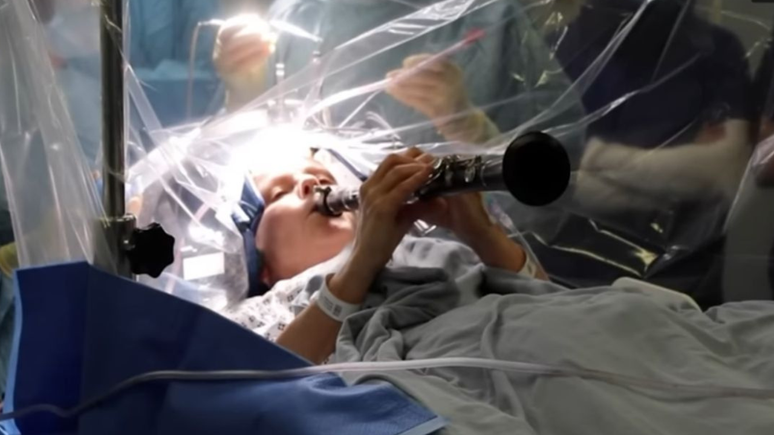Children fascinated by dinosaurs demonstrate a complex thought and advanced cognitive skills
Set magic cubes, solve the calculations mentally or win a game of chess in a few minutes are classic examples of intelligence. But it could also be where you least expect it: in the middle of a collection of dinosaurs in your child’s room. According to researchers from the universities of Indian AND WisconsinThis charm for prehistoric creatures is much more than a phase: it can be an advanced cognitive skill indicator.
Dinosaurs and brain development
If your child knows the names of species by heart, he prefers giant reptiles to embalmed animals and imitates roars all day, don’t worry: this is a good sign. According to the study, children with great interest in dinosaurs show complex thoughts, perseverance and problems resolution.
This is because, immersing themselves in this universe, they learn to look for information on their own, they include difficult concepts and establish connections between various topics. All this stimulates the areas of the brain related to concentration, memory and logical reasoning – precious skills inside and outside the school.
A curiosity that goes beyond books
According to experts, exploring a topic and dominating it is beneficial as we model our adult careers. That is, children dedicated to learning everything on dinosaurs develop habits such as organization, concentration and discipline (fundamental for the future). Although this passion decreases over time, it leaves important signs in the learning process. Those moments of immersion in fossils and scientific names help to model the skills that will be useful forever.
Encourages passion – even if it seems “strange”
Of course, not all children playing with dinosaurs will become paleontologists or genius of science. And the researchers remember that only about 20% keep this interest after 6 years. But while this flame is active, it is worth encouraging. Bringing the child to museums, organizing “excavations” in the courtyard or even watching documentaries on prehistoric life are ways to feed the natural curiosity that can become a powerful learning tool.
Much more than a phase
Behind that room transformed into Jurassic Park It could be a brain in full development, based on information, challenges and discoveries. And while this interest may seem eccentric at first sight, this is precisely what reveals how special this phase can be.
Source: Terra
Ben Stock is a lifestyle journalist and author at Gossipify. He writes about topics such as health, wellness, travel, food and home decor. He provides practical advice and inspiration to improve well-being, keeps readers up to date with latest lifestyle news and trends, known for his engaging writing style, in-depth analysis and unique perspectives.








